Information Finding Championship - Season 1 : Round 12 entry
Coming from Australia, this is my experience with water whilst growing up. Well, actually, I lived in a city so my experience was more about browning lawns, water restrictions, short showers and the toilet rule of 'if it's yellow, let it mellow; if it's brown, flush it down!'.
As an adult, I now live in the Netherlands, where there is a the completely opposite problem. Too much bloody water!
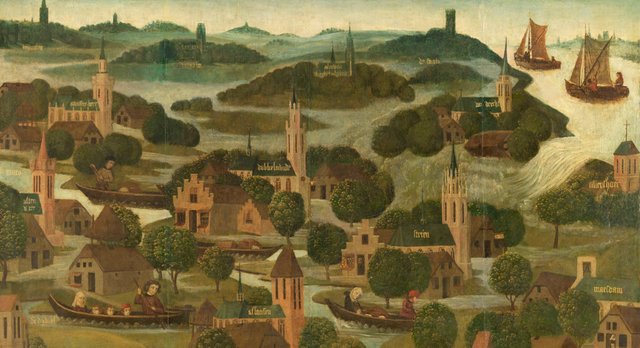
Saint Elizabeth’s Day Flood, Master of the St Elizabeth Panels, Anonymous, c.1490-c.1495
Historically, the Dutch have disliked their neighbours so much that would prefer to build out into water instead of merging into the neighbouring states. To begin with, polders were built from peat and wood, encircling a space of water which would eventually evaporate (or be pumped, if you were impatient). The resulting land would be incredibly fertile for farming (if you didn't mind the ever constant threat of a permanent bath). This did lead to a period of population growth in the period before 1500, during which time the rest of Europe was suffering population decline.
During the Dutch golden age (1500-1800), population and economic growth encouraged the formation of collectives to build dykes and polders, with the only 'real' requirements being that you were an 'interested party'. This led to the construction of many structures using the old technology of peat and wood.
This next bit was truly a revelation to me, so I will do the serious thing and just quote the guy who knows better!
The prosperity of the Golden Age came to an abrupt end around 1730 with a major disaster: the advent of the naval shipworm. This mollusc, Teredo navalis, thrived in the climate of the Low Countries, and rapidly proliferated. The water republic of the Netherlands found that its very foundations were being literally eaten away. All the wooden structures along the coast, including the breakwaters of the dikes, were attacked and started to crumble. It was seen as divine punishment: God was visiting his wrath on the decadence of the Golden Age
Source
Suffice to say, this round of disasters was the impetus for proper management and construction to begin. New technologies, such as stone and later concrete, were brought to bear. New designs were also created to better deflect and redirect the impact of waves.
Another interesting development was the creation of water boards (hoogheemraadschap) that regulated and maintained the polders, dykes and water defences. These boards were created apart from the regular political system, and have the power to hold elections, levy taxes and are independent of the governmental system. To this date, they are among the oldest examples of a functional democracy.
The last major flood occurred in 1953, led to a more modern evaluation of risks and strategies. As always, disaster prompted innovation, and there was a wave of new water defence designs and technology.
These days, the modern idea of living under the sea level is not too weird (if you don't think too much about it.) Although, when you go to the beach, it is a bit weird to walk uphill.
These days, the longest dike ( Afsluitdijk) in the Netherlands is actually a bit of a tourist attraction. In fact, I would say the Netherlands is best known for this marvel of engineering (right after legalisation of drugs and the red light district).
This is also something worth seeing, the sea looming over a village!
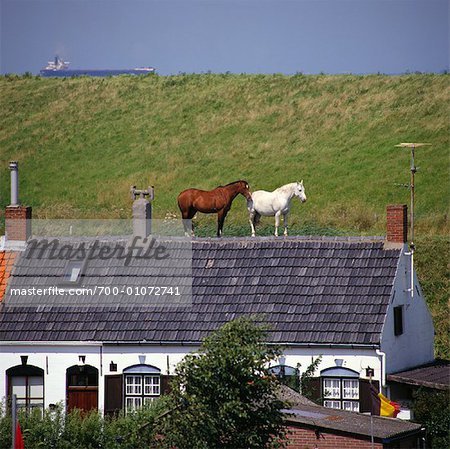
This ends my first entry for the IFC. The topic was water which I tangentially covered. Apologies for the ramble, I wrote this on a train in the dying hours of this round. But I thought it would be nice to give it a try!
I hope it was partly funny and partly informative. If you are interested, I used information from https://en.m.wikipedia.org/wiki/Polder and http://dutchdikes.net/history/.

Please let any classical musicians or classical music lovers that you know to subscribe to @classical-music, and to start using the #classical-music hashtag, so we can try and grow our community! Join us at our Dischord: https://discord.gg/ppVmmgt

Referral links
Mene, Investment jewellery.
Humble Bundle Monthly, PC games package every month!
Coinbase, the biggest fiat on and off ramp.
Binance, the biggest crypto exchange.
Mannabase, Universal income in the blockchain
Cryptopia, Lots of lesser known altcoins.
HitBTC Even more Altcoins!
Horizontal Rulers by cryptosharon
Team Australia footer by bearone
.jpg)
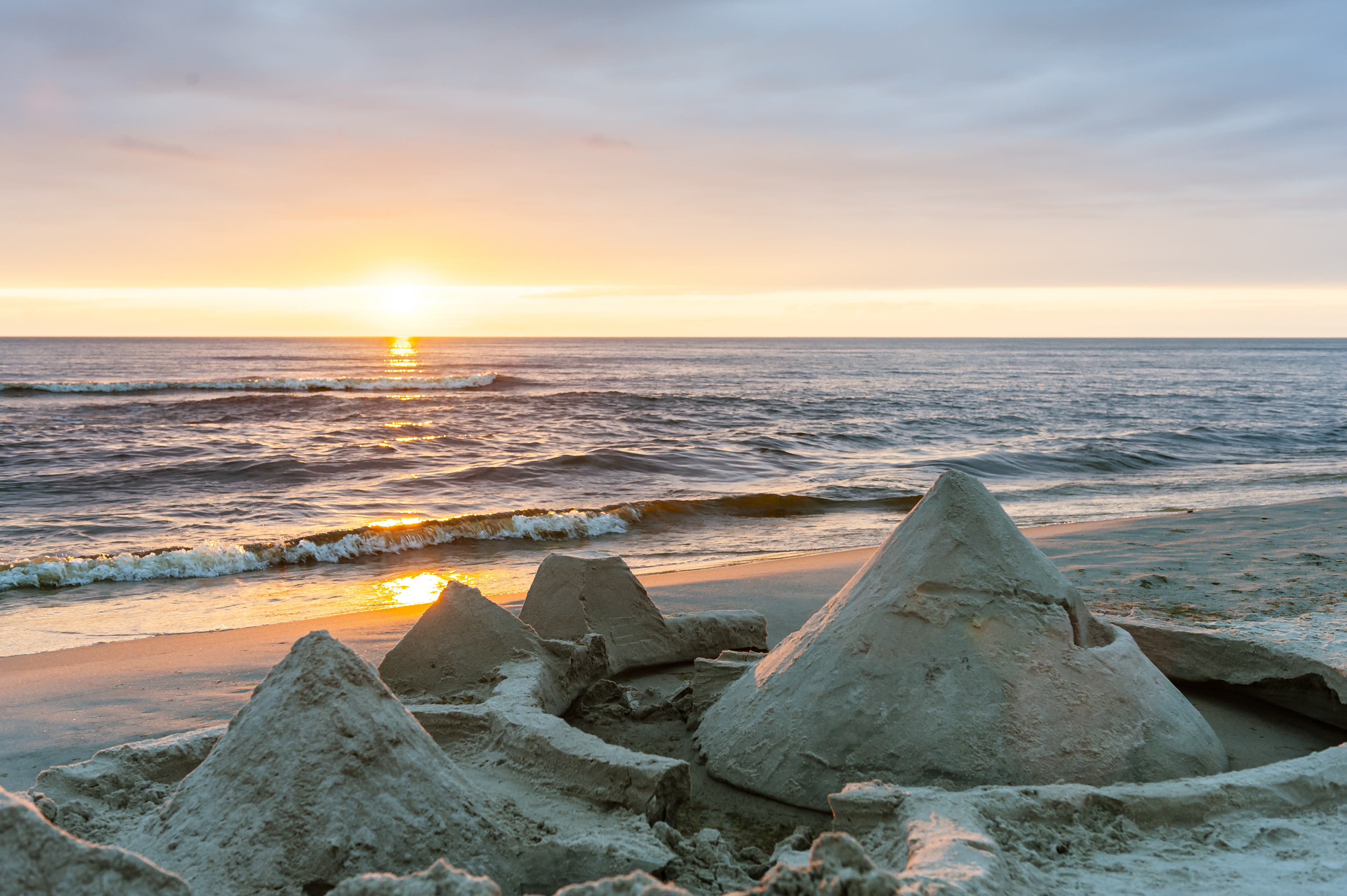
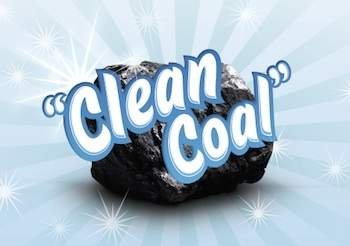
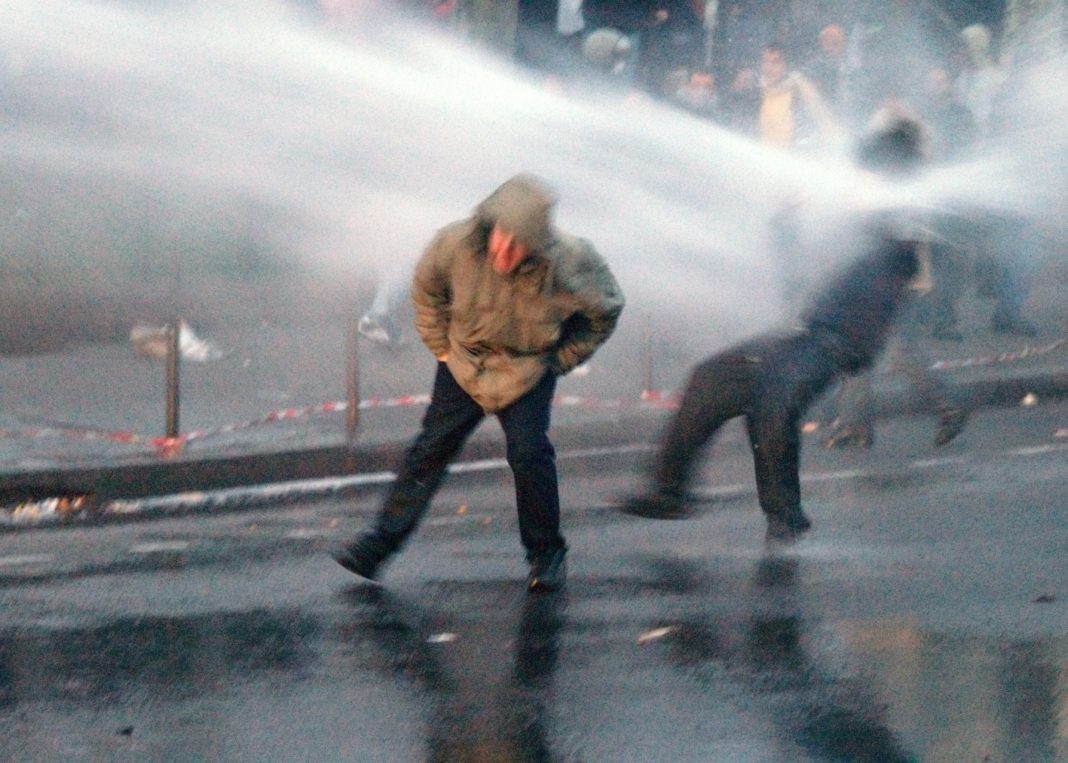
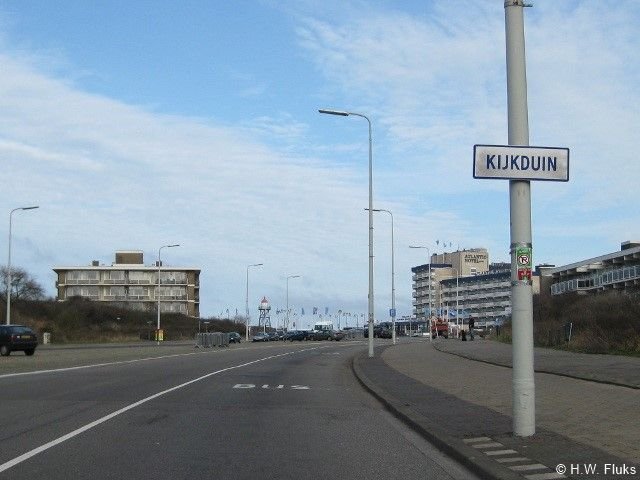
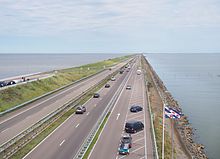
.png)
Which part of Australia did you grow up in? I am guessing that it is not in the north part of the continent because they never seem to be short of rain. Can't say the same for the interior regions of Australia though. I do remember the time when there were water restrictions in place in many cities, but then the floods came in QLD and that changed things again. Very interesting post showing the contrast that comes from having different perspectives and experiences :)
I'm originally from Perth. So when I was growing up, there was constant water restrictions, there still is as far as I can tell. Just not as often.
The infrastructure wasn't so well developed either, and so there were also many blackouts. It's weird, I don't think I have ever had a black out in my adult life!
Ah, I remember the dry heat of Perth when I visited a few years ago, I also remember all the cargo ships that you can see on the horizon of Cottesloe Beach, and driving through Kings Park. I think with all the money they made from mining there was a bit more infrastructure built. They had an Apple Store years before Brisbane did :D
Yes, the mining was a blessing and a curse. Lots of young people with lots of money were not prepared for the inevitable downturn as the mines shifted from construction to production. A hint of the crypto to come?
Anyway, it was also a case of a rising tide not floating all boats equally...
I think they'll try to flog the mining horse for as long as they can, because that's pretty much what QLD is doing although one can't say how well that's turning out for everyone involved. It is always hard when there are jobs and people's livelihood at stake, which is a good reason to be proactive rather than reactive about the future. I bet the Dutch are skeptical about crypto because they already saw what happened with the tulips right?
Nope, the Dutch are leading the pack! Even the banks are investigating uses and one is even looking at an account for crypto investment!
So I probably should be on the lookout for a TulipCoin then :D
Too late, you missed the boat!
https://thetulip.auction/
Thanks @bengy! I enjoyed the read...
Wow, I never actually thought about having to walk up to the beach! haha
I read an article somewhere about how the Americans imported some Dutch to lead their flood management teams. It was really interesting, as the Dutch were surprised at the extent that the American counties would just not work together to solve the problem! In fact, the idea of working collectively was considered socialism! So all their flood plans consisted mainly of redirecting the problem to a different place...
Also, ideas like having areas that would be designated flood areas was met with huge resistance. Different country, different ways of problem solving!
Anyway, in the end the slowly were able to overcome the ingrained resistance...
I don't really have anything to add, but thoroughly enjoyed your post and wanted to thank you for writing something both fun and educational.
So thank you.
Thanks! Follow the real information links if you want to learn more than my rambling might have communicated!
I was mind blown by the picture of the village that is essentially under the sea. That is wild. How did you end up from Australia to the netherlands?
I would love to move to Aus permanently haha.
Glad to see you jumped on board, were seriously growing now!
It is completely weird! Work brought me to NL, I'm a musician and the Netherlands is a natural world centre for the type of music specialisation that I do!
Interesting article! I like your entry. Very informative and I learned a number of new things! Thanks for sharing some of your knowledge with us! :)
Thanks for the competition, nice to exercise the creative juices!
You're welcome! Glad to hear you're appreciating it. :)
As a follower of @followforupvotes this post has been randomly selected and upvoted! Enjoy your upvote and have a great day!
Seeing a ship above your roofline must be a bit unnerving.
That would be why I don't live in that village!
That I can understand!
Great photography
You got a 1.60% upvote from @buildawhale courtesy of @bengy!
If you believe this post is spam or abuse, please report it to our Discord #abuse channel.
If you want to support our Curation Digest or our Spam & Abuse prevention efforts, please vote @themarkymark as witness.
Your Post Has Been Featured on @Resteemable!
Feature any Steemit post using resteemit.com!
How It Works:
1. Take Any Steemit URL
2. Erase
https://3. Type
reGet Featured Instantly � Featured Posts are voted every 2.4hrs
Join the Curation Team Here | Vote Resteemable for Witness